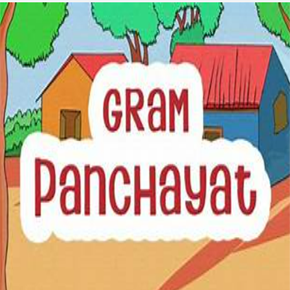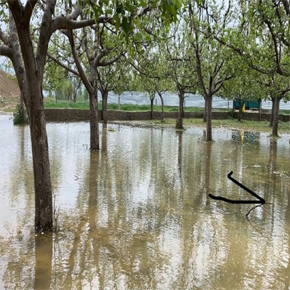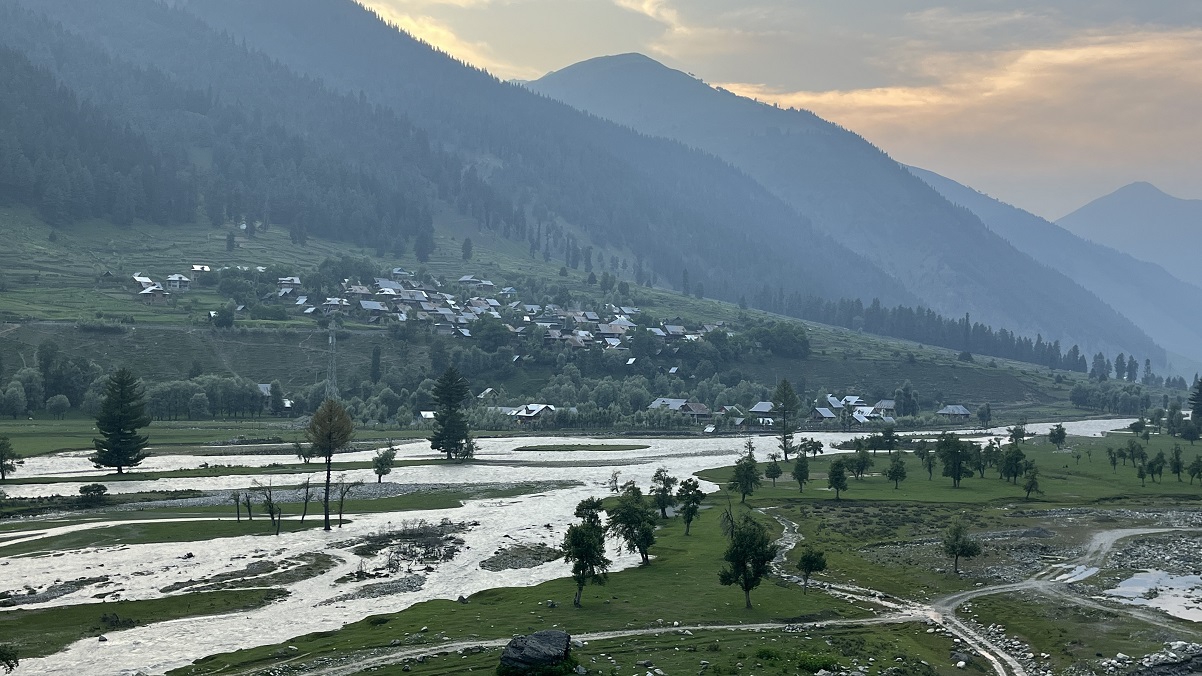Uncontrolled polythene waste-disastrous for valley
Polythene is a non-biodegradable substance that threatens our environment and ecosystem by its very cruel nature. It is environment unfriendly and takes hundreds of years to disintegrate. It produces very harmful and poisonous chemicals that affect our flora and fauna. The Kashmir valley was once called the ‘ ‘Paradise on the mother earth” all across the globe due its fascinating beauties of nature like lush green forests, meadows, fresh water bodies, snow clad mountains, pleasant, salubrious and invigorating climate etc. Now it is the right time to declare the Kashmir valley as the most polluted and dirtiest place on earth due to all kinds of wastes and pollutants by careless people. For the past two decades, There has been unabated use of polythene in the Kashmir valley and tonnes of uncontrolled polythene find easy way into the beautiful valley on every passing day and people are feeling proud to use polythene bags for their items. Tonnes of polythene and plastic wastes are being unloaded and dumped carelessly into fresh water rivers, wetlands, irrigation canals, springs, drains, agricultural fields, playgrounds, gardens, public parks etc. It is also unloaded and dumped in forestlands. Many water bodies particularly wetlands, irrigation canals, streams and springs breathed in the valley due to complete choking of uncontrolled polythene and plastic wastes.
The pollution of the Kashmir valley particularly water and land pollution due to polythene and plastic wastes have crossed limits. Piles and heaps of polythene and plastic wastes are found everywhere and there is hardly any space in the Kashmir valley where polythene and plastic wastes are not present. The famous tourist places particularly Gulmarg, Pahalgam, Sonamarg, Doodhpathri etc. are not free from polythene and plastic wastes. The tourists from outstates do not throw polythene and plastic wastes on tourist places but they use dustbins for all kinds of wastes however most local visitors’ deliberately throw biodegradable and non-biodegradable wastes on open land. Uncontrolled polythene and plastic wastes have converted our large area of fertile and cultivated agricultural land into deserted, useless and barren land. It has affected the agricultural sector very badly. The polythene and plastic pollution of land reduces soil fertility, retards plant growth, and reduces agricultural production. Polythene and Plastic pollution cause many diseases to plants and animals there by posing a great threat to the biodiversity of the Jammu and Kashmir. It prevents seepage of rainwater into the water table and chokes sewer pipes and drains.
The sudden floods in Srinagar city due to light rain is the cause of choking of drains due to polythene and plastic wastes. The clogging of drains in September 2014 became one of the causes of flood in Srinagar city. The polythene and plastic pollution of fresh water bodies in the Kashmir valley has made water unfit for bathing, drinking, irrigation, industry, constructions purposes. It has reduced the depth of important fresh water bodies. The aquatic and terrestrial flora and fauna have been affected very much due to said pollution. The tourist places are getting affected very much. Although Jammu and Kashmir government launched the solid and liquid waste management program for attaining the goal of Swachh Bharat Mission for the welfare of people, environment and ecosystem but unfortunately, the said mission is not being properly implemented in municipal areas and the Swachh Bharat Mission Gramin for managing solid and liquid waste in rural villages is full of faults. There is neither general cleanliness drives in villages nor funds being spent on waste disposal management in villages. The waste disposal management in few selected rural villages has been confined only to photo shows and media bytes to please the higher authorities or to make way for withdrawal of funds. The Jammu and Kashmir state is lacking safe, efficient and environment friendly waste disposal management. The scientific waste disposal in villages will take decades. \
What will be the future of our Jammu and Kashmir state due to uncontrolled polythene and plastic pollution by careless people and inefficient concerned authorities? The repercussions of polythene and plastic pollution can be very adverse and disastrous for the valley.
The existing fresh water bodies like rivers, wetlands, and springs will get extinct within six to ten years at the current uncontrolled pollution rate. All drains and streams will be clogged and this will lead to sanitation and sewage problems. Floods will increase in cities and villages that will cause further destruction. People will fight each other for water. Agricultural land will be converted into wasteland and its production will decrease. To save the valley from destruction, The Jammu and Kashmir government should impose a strict ban on use of polythene bags. People should use eco- friendly biodegradable substitutes like jute bags instead of polythene that will promote agriculture sector and jute industry. It will also generate employment opportunities that will save our young youth from many social evils. It will also protect our environment and ecosystem.
The environment-friendly bags made up of biodegradable ingredients will add fertility to the soil after decomposition. Eco clubs of all schools should work outside the schools for sanitation of mother earth, public parks, and fresh water bodies. Strict implementation of provisions of Plastic Waste Management Rules 2016 and enforcement of the ban on single use plastic. Joint participation of Educational institutions, NCC, NSS, youth clubs, Eco clubs, NGOs, opinion makers, civil society, and other voluntary organisations can play an important role in waste disposal. Education and awareness among people about the effects of polythene and plastic wastes and the importance of a clean environment can bring a good change.
Recently the Chairman of Jammu and Kashmir RTI Movement Dr. Raja Muzaffar Bhat filed a petition in NGT that had some positive impact in which SMC penalized a contractor heavily for dumping waste on highway. It was a good step from the SMC. It sent a good message among the public that was hailed by people all across the valley. It is pertinent to mention that the Chairman of Jammu and Kashmir RTI Movement Dr. Raja Muzaffar Bhat also summoned an important session at Srinagar regarding various critical issues facing our environment including the uncontrolled use of polythene. The said session was attended by a large number of environmental and social activists from various districts of the valley, experts, lawyers, law students etc. the NGT lawyers and all other participants in the valuable session agreed that only complete ban on uncontrolled use of polythene and plastic in the valley will save the environment and ecosystem of the valley.
It is the high time for the government of Jammu and Kashmir to declare the Kashmir valley an ecologically sensitive and polythene free valley. It will save its environment, ecosystem, flora, and faunal. If the state government fails to do so or ban the use of uncontrolled polythene and plastic, the effects will be very disastrous in the near future. Let us pledge and hope to fight jointly against the polythene and plastic menace.
(The author is a teacher at Boys Higher Secondary School Beerwah, Budgam. Views are his own) Feedback : mushtaqa07@gmail.com

























































































